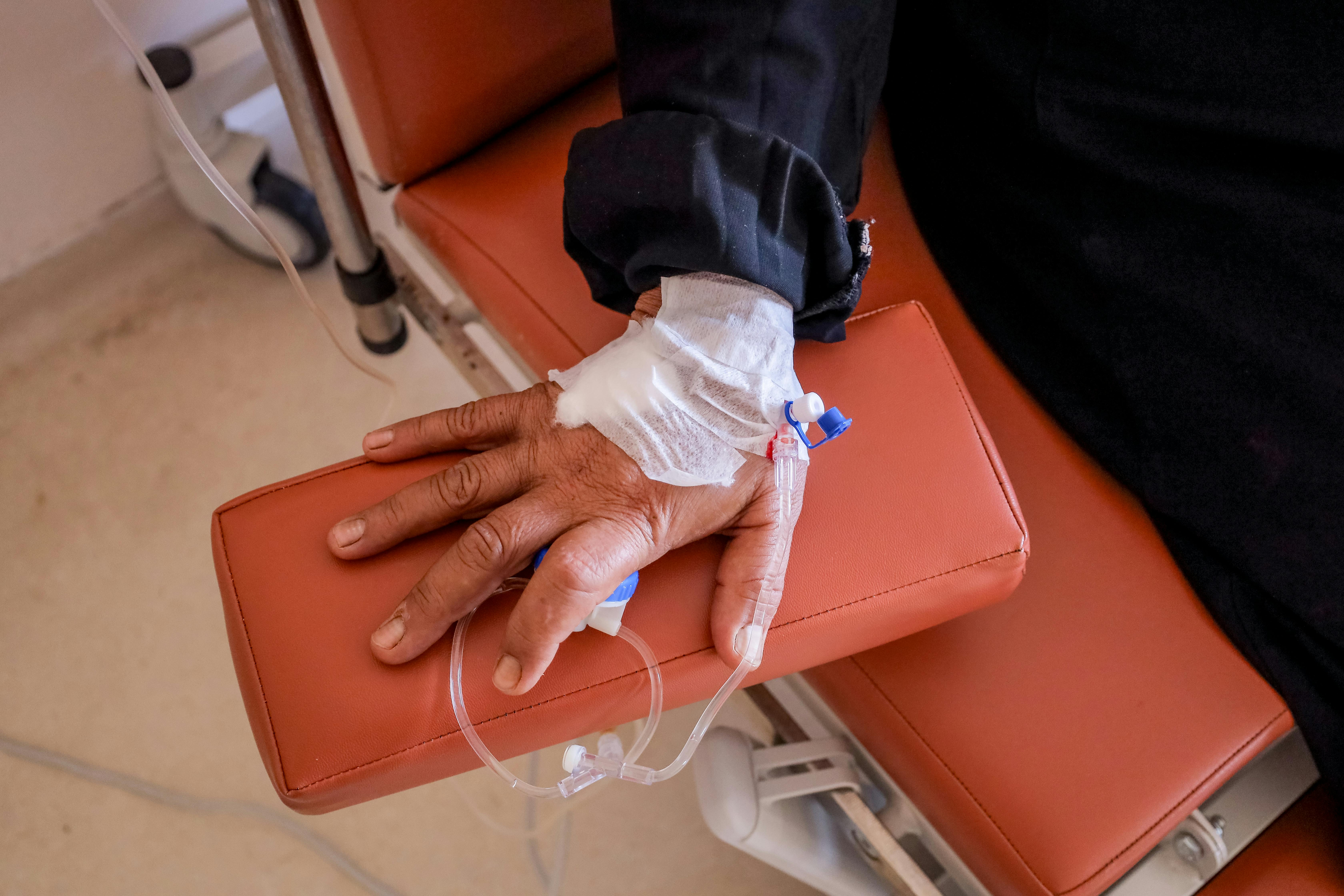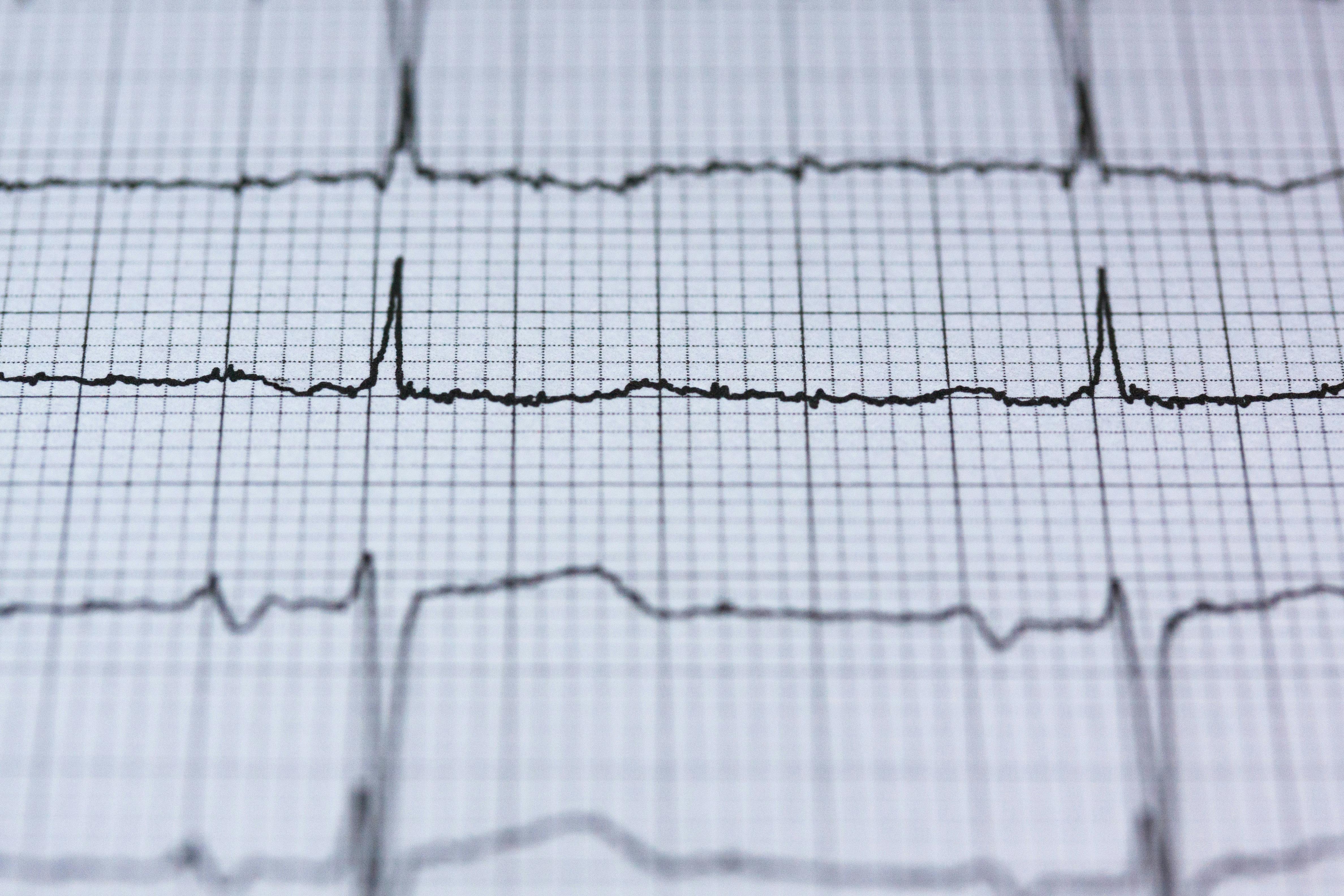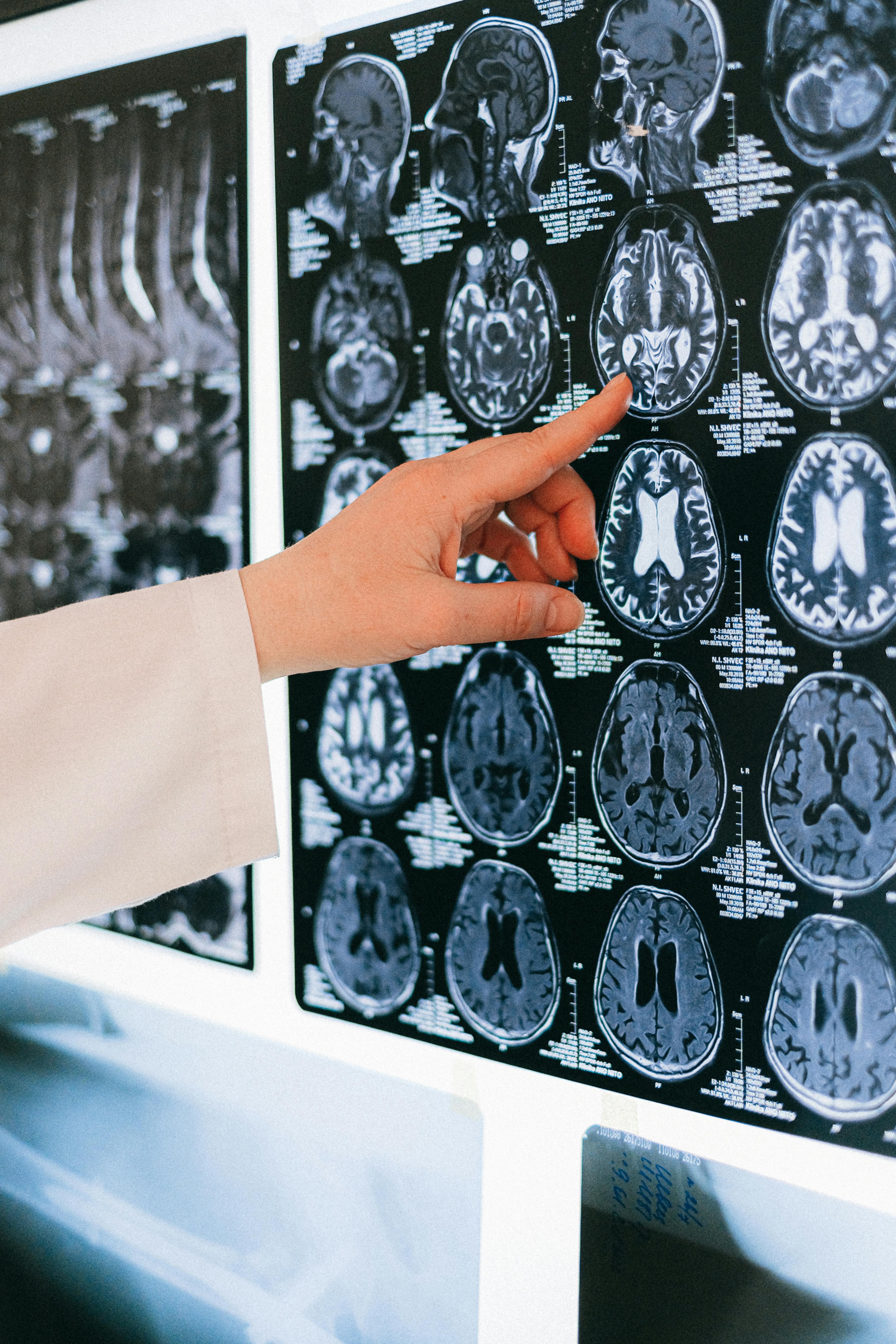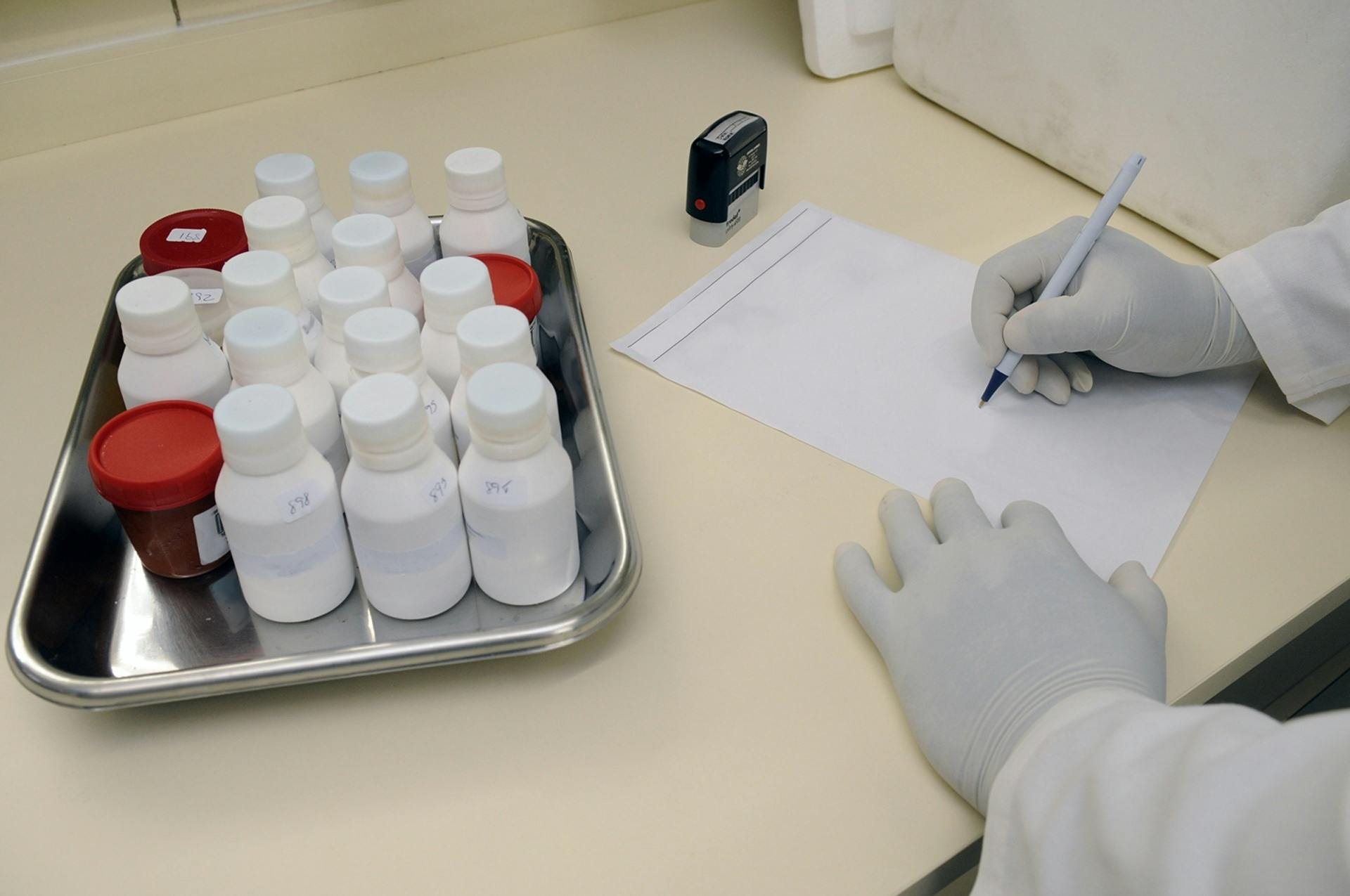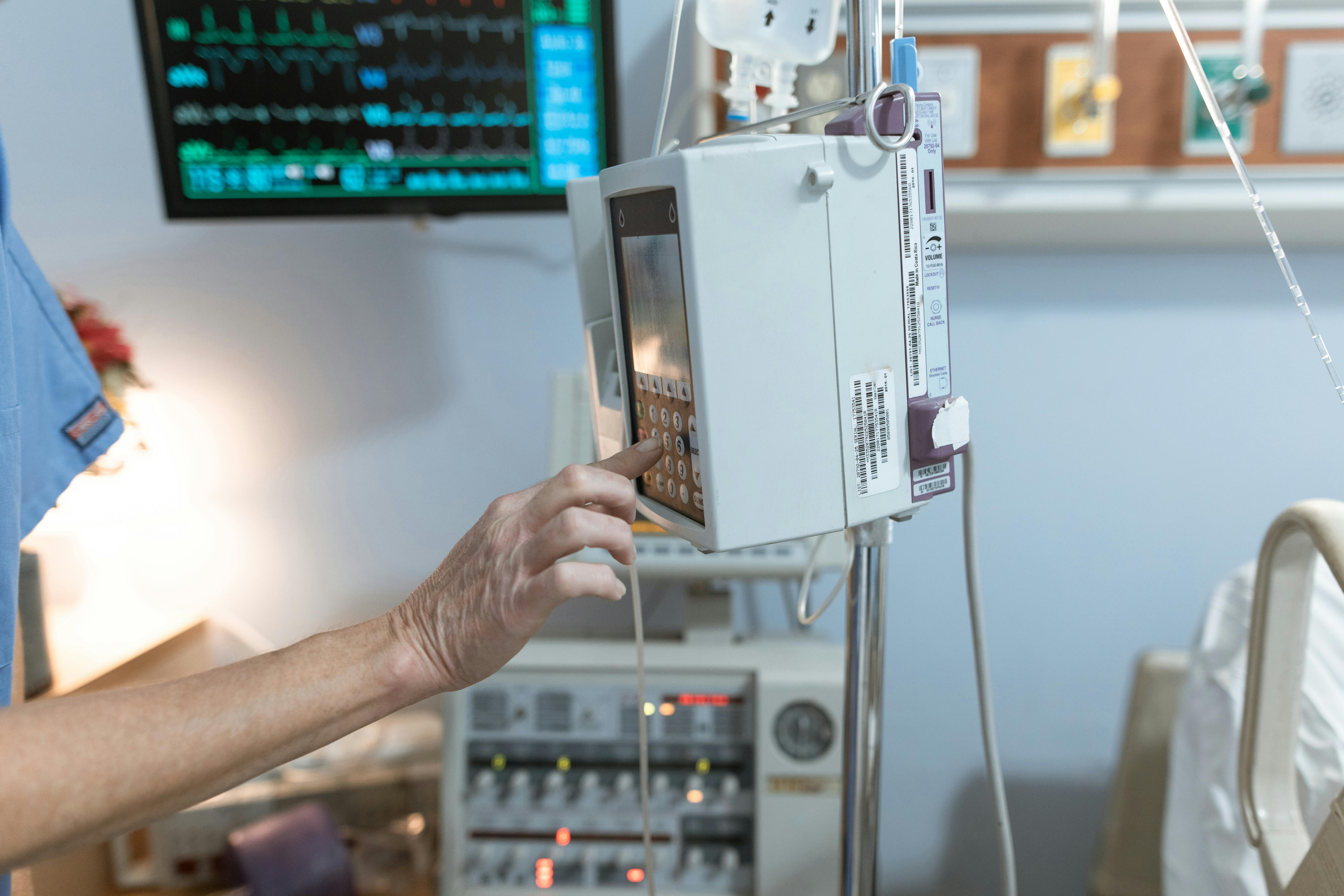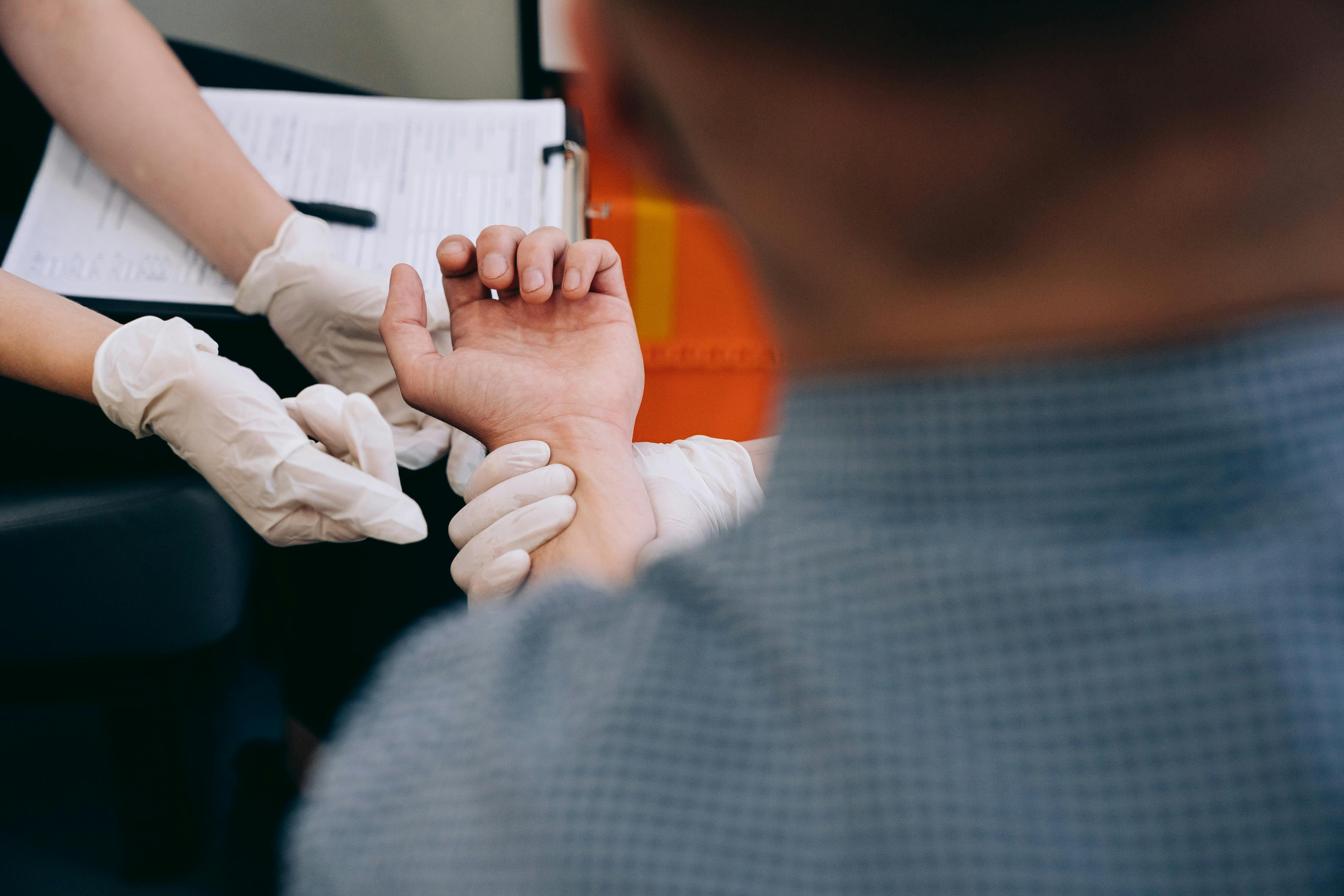Failure to Treat Breast Cancer
The Consequences of Delayed Diagnosis and Malpractice
A 37-year-old woman with a family history of breast cancer visited a primary care nurse practitioner, reporting an inverted nipple. A preliminary exam revealed a painless mass beneath the nipple, prompting an initial mammogram. However, the reading cited dense breast tissue, and no additional imaging or biopsy was pursued.
/ / / / / / / /
Approximately 14 months later, the patient returned with a bleeding nipple. A biopsy confirmed ductal carcinoma, and further tests indicated stage IV breast cancer. Despite undergoing chemotherapy, the patient ultimately passed away, leaving behind her husband and child. Damages for claims like this range widely, from $100,000 to $5,000,000.
The Importance of Early Detection in Breast Cancer
Each year, breast cancer affects over 200,000 women, with more than 40,000 fatalities annually. The disease is complex, with a challenging prognosis that demands timely and precise diagnosis. Treatments may include surgery, chemotherapy, radiation, and hormone therapy, tailored to each case’s specifics. Early detection remains crucial for a favorable outcome, which is why medical providers must uphold high diagnostic standards.
Common Reasons for Breast Cancer Malpractice Claims
A Failure to diagnose breast cancer can arise from multiple oversights, including:
1. Failure to Recommend Genetic Testing
For patients with a strong family history, testing for genes like BRCA-1 and BRCA-2 is essential, as these mutations significantly raise breast cancer risk. For high-risk patients, proactive measures, including prophylactic mastectomy, may be recommended.
2. Failure to Follow Up on Patient-Reported Symptoms
Patient-reported changes such as lumps, texture changes, or nipple discharge require thorough follow-up. If the nurse practitioner cannot identify a lump during an exam, additional imaging, like a mammogram or ultrasound, should be considered to rule out cancer.
3. Failure in Communication Among Providers
Diagnosing breast cancer often involves multiple specialists. Deciding between a screening mammogramand a more targeted diagnostic mammogram can determine whether cancer is detected. Proper communication between team members, from radiologists to nurse practitioners, is critical to avoid diagnostic oversights.
4. Failure to Interpret Diagnostic Tests Accurately
Misreading imaging results or not having a radiologist or pathologist review the tests can lead to misdiagnosis. A nurse practitioner may receive inaccurate readings, whether from imaging or biopsy, impacting the patient’s chance of early treatment.
Damages from a Failure to Diagnose Breast Cancer
Failing to diagnose cancer deprives patients of the opportunity to seek timely, potentially life-saving treatment. Damages may cover compensation for disability and wrongful death, addressing the profound loss suffered by the patient and their family.
Contact Malpraq for Expert Support
At Malpraq, we understand the critical importance of early and accurate cancer diagnosis. If you or a loved one has experienced a failure to diagnose breast cancer, we are here to provide the support and guidance you need. Our team will work to evaluate your case and connect you with knowledgeable representation to seek justice.
Latest
From the Blog
Malpraq.com
Contact
Saint Rock Holdings LLC
309 E Georgia Ave
Phoenix AZ 85012
Malpraq.com
Contact
Saint Rock Holdings LLC
309 E Georgia Ave
Phoenix AZ 85012
Malpraq.com
Contact
Saint Rock Holdings LLC
309 E Georgia Ave
Phoenix AZ 85012
Malpraq.com
Contact
Saint Rock Holdings LLC
309 E Georgia Ave
Phoenix AZ 85012






